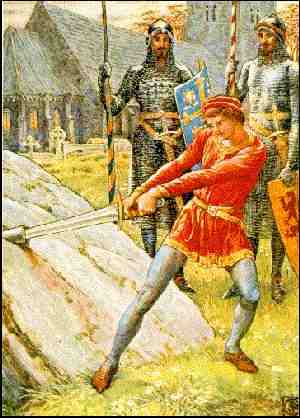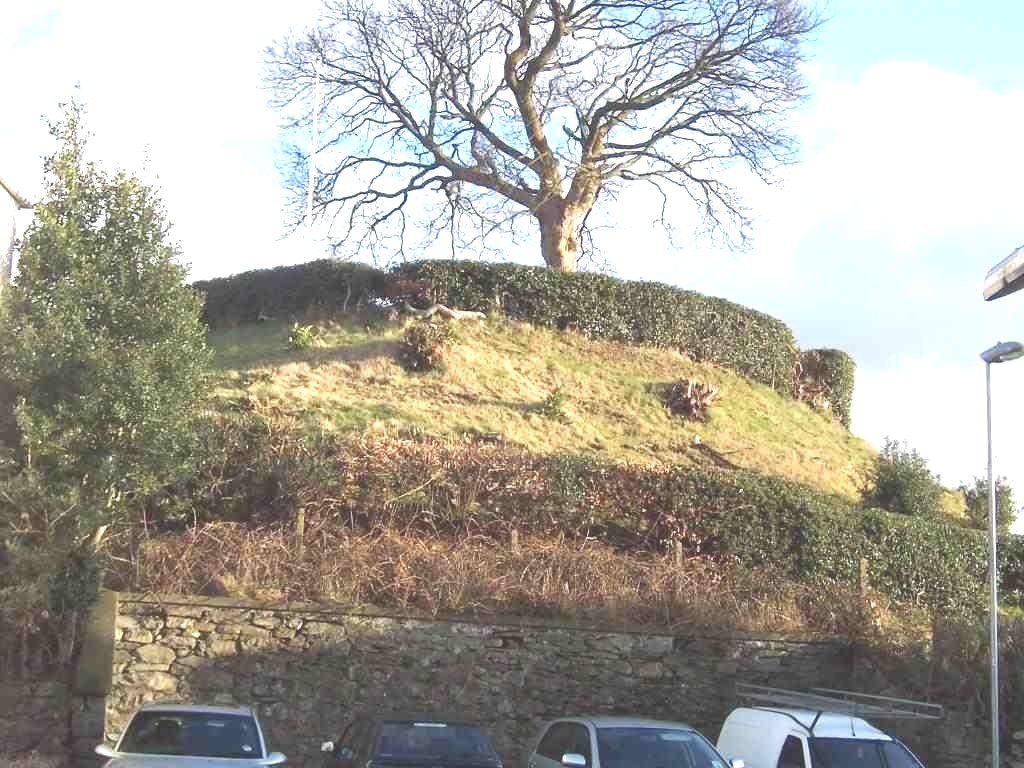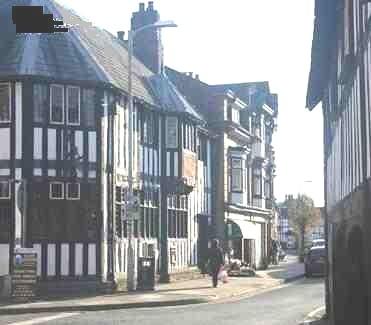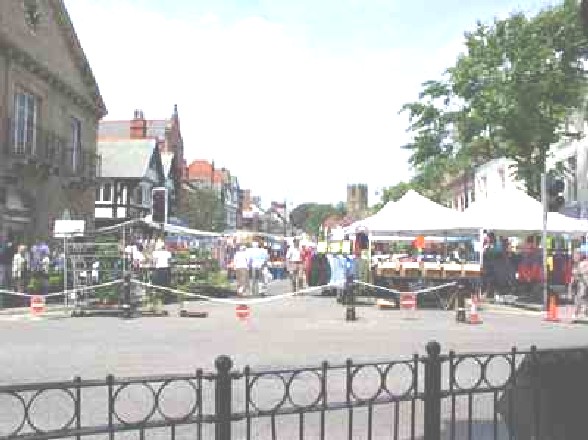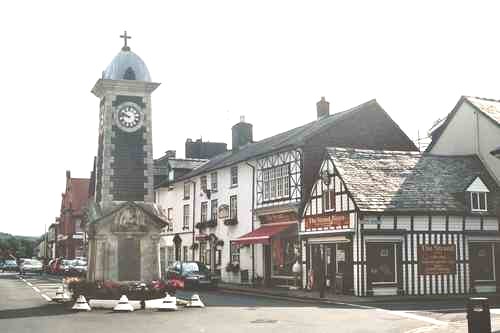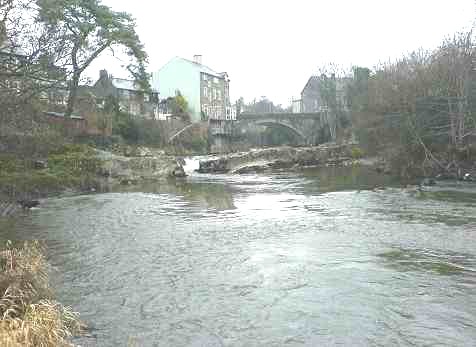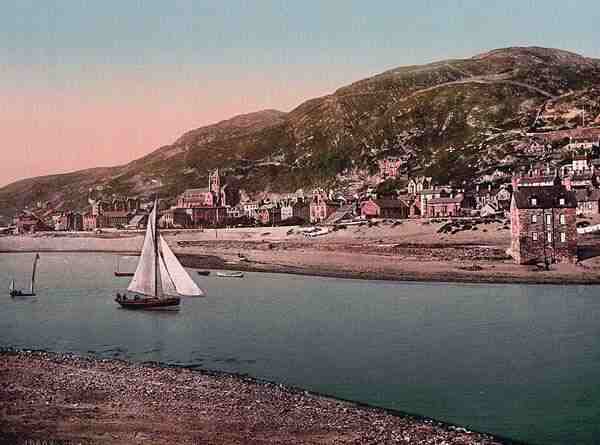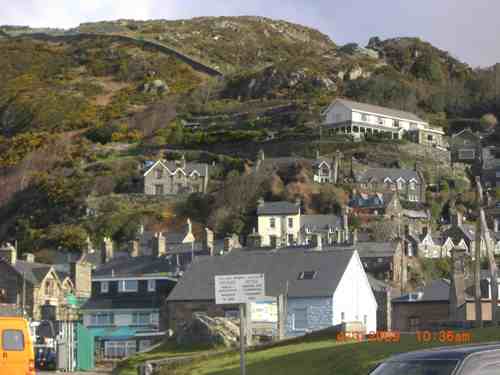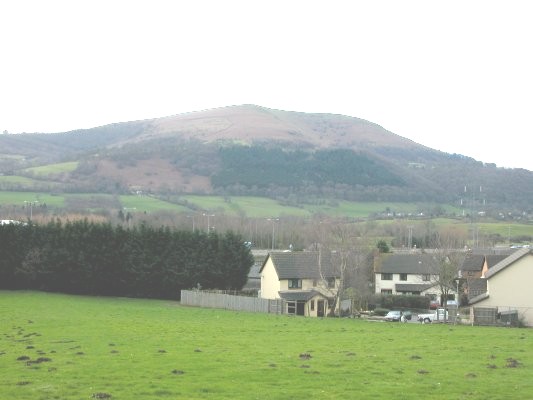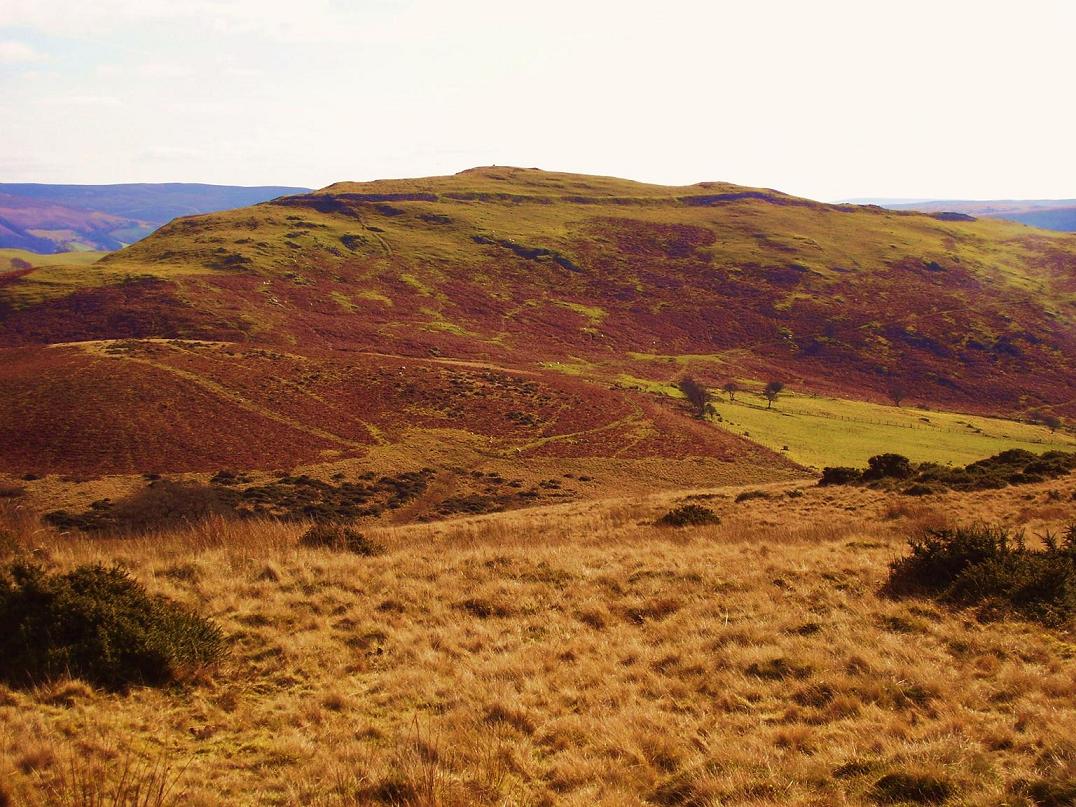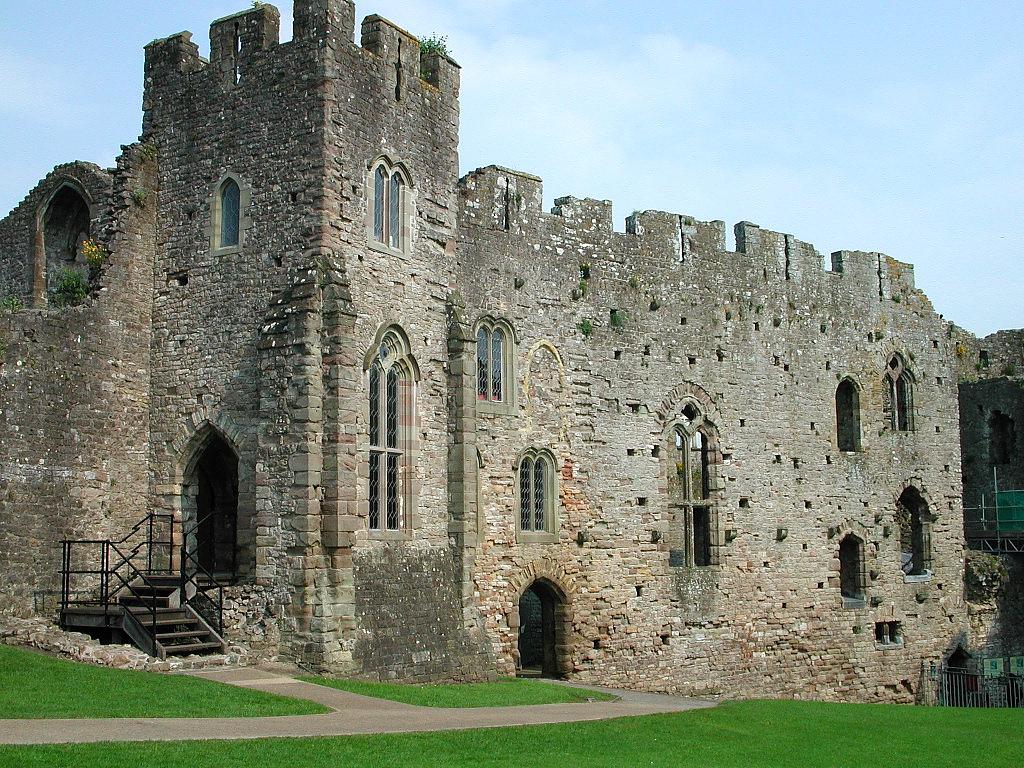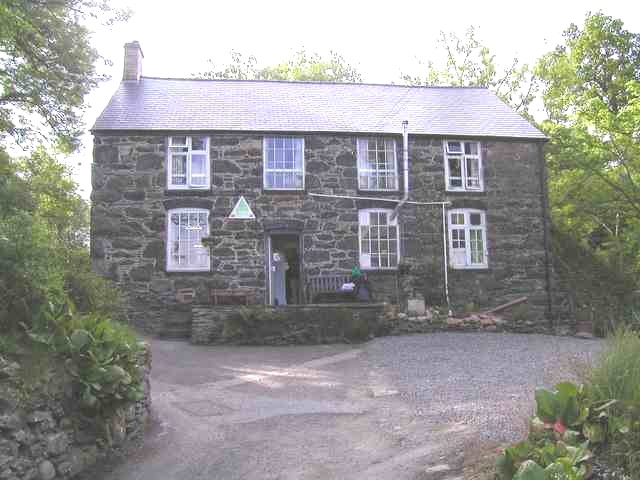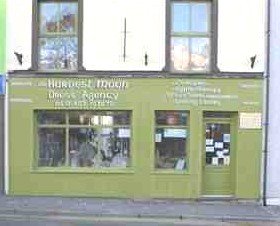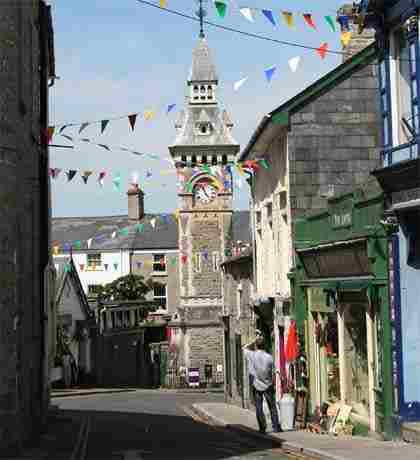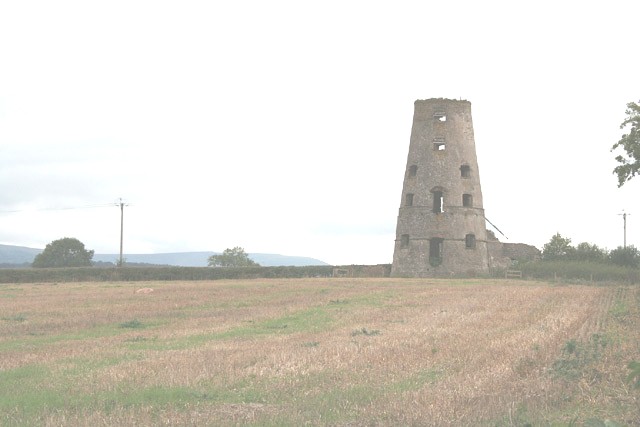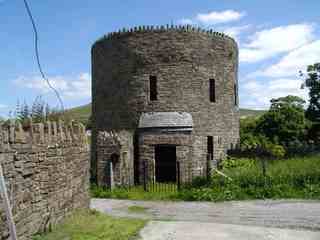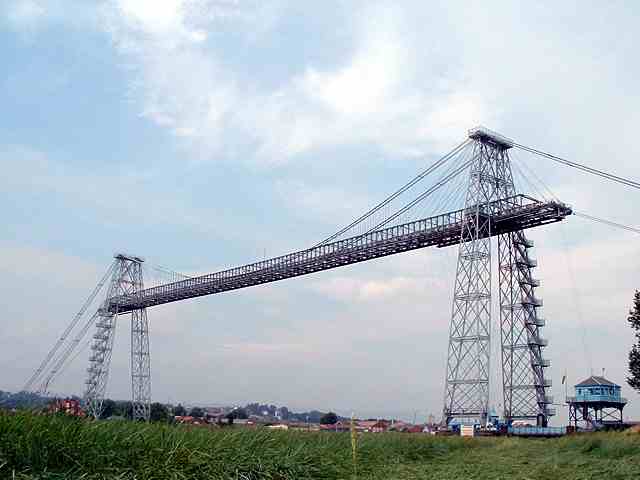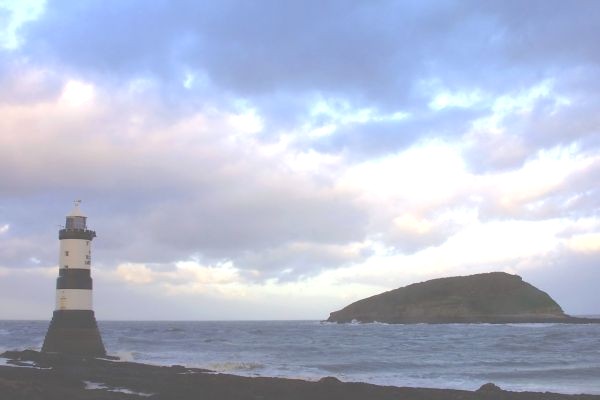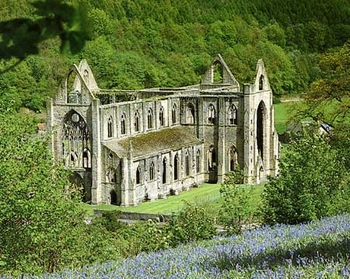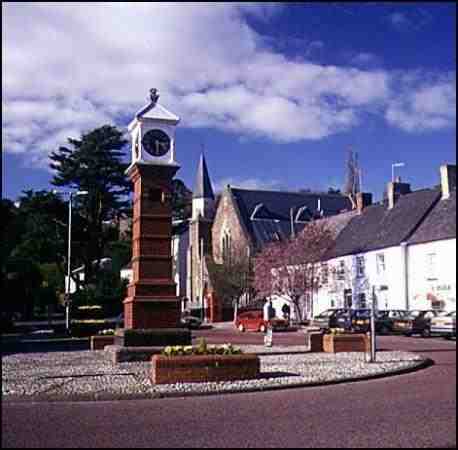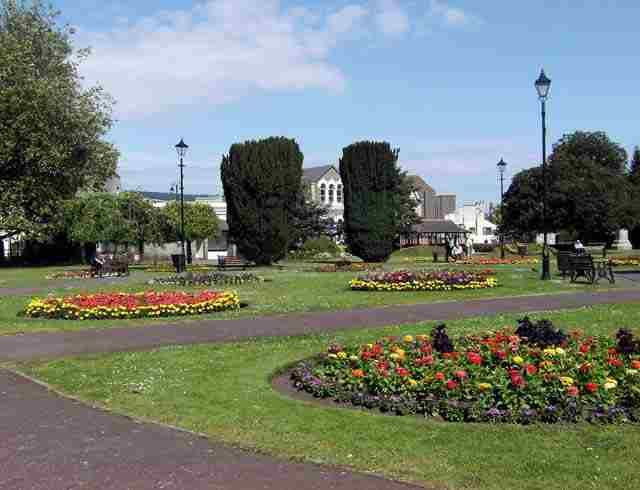Writings
of H P Blavatsky
Cardiff Theosophical Society in Wales
206 Newport Road, Cardiff, Wales, UK. CF24 -1DL
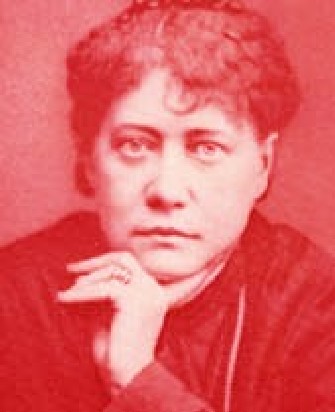
Helena Petrovna Blavatsky (1831 – 1891)
The Founder of Modern Theosophy
An Astral Prophet
By
H
P Blavatsky
EVERY educated
Englishman has heard the name of General Yermoloff, one of the great military
heroes of this age; and if at all familiar with the history of the Caucasian
wars, he must be acquainted with the exploits of one of the chief conquerors of
the land of those impregnable fastnesses where Shamil and his predecessors have
defied for years the skill and strategy of the Russian armies.
Be it as it
may, the strange event herein narrated by the Caucasian hero himself, may interest
students of psychology. That which follows is a verbatim translation from V.
Potto's Russian work "The War in Caucasus." In volume II, chapter The
period of Yermoloff (pp. 829-30-3I and 832) one reads these lines:
Silently and
imperceptibly glided away at Moscow the last days allotted to the hero. On
April the 19th, 186I, he died in his 85th year, seated in his favorite
arm-chair, with one hand on the table, the other on his knee; but a few minutes
before, in accordance with an old habit of his, he was tapping the floor with
his foot.
It is
impossible to better express the feelings of Russia at the news of this death
than by quoting the obituary notice from the (Russian) Daily
"Caucasus," which did not say a word more than was deserved.
On April the l2th,
at 11¼ a.m., at Moscow, the Artillery General, famous throughout Russia--Alexéy
Petrovitch Yermoloff, breathed his last. Every Russian knows the name; it is
allied with the most brilliant records of our national glory: Valutino,
Borodino, Kulm, Paris, and the Caucasus, will be ever transmitting the name of
the hero,--the pride and ornament of the Russian army and nation. We will not
enumerate the services of Yermoloff. His name and titles are: a true son of
Russia, in the full significance of the term.
It is a curious
fact that his death did not escape its own legend, one of a strange and
mystical character. This is what a friend who knew Yermoloff well, writes of
him:
Once, when
leaving Moscow, I called on Yermoloff to say good bye, and found myself unable
to conceal my emotion at parting.
"Fear
not," he said to me, "we will yet meet; I shall not die before your
return."
This was
eighteen months before his death.
"In life
and death God alone is the Master!" I observed.
"And I
tell you most positively that my death will not occur in a year, but a few
months later"--he answered, "Come with me"--and with these words
he led me into his study; where, getting out of a locked chest a written sheet
of paper, he placed it before me, and asked--"whose handwriting is
this?" "Yours," I said. "Read it then." I complied.
It was a kind
of memorandum, a record of dates, since the year when Yermoloff was promoted to
the rank of Lieutenant Colonel, showing, as in a programme, every significant
event that was to happen in his life, so full of such events. He followed me in
my reading, and when I was at the last paragraph, he covered the last line with
his hand. "This you need not read," he said. "On this line, the
year, the month, and the day, of my death are given. All that you have read was
written by me beforehand, and has come to pass to the smallest details, and
this is how I came to write it.
"When I
was yet a young Lieutenant-Colonel I was sent on some business to a small district
town. My lodging consisted of two rooms--one for the servants, the other for my
personal use. There was no access into the latter but through the former. Once,
late at night, as I sat writing at my desk, I fell into a reverie, when
suddenly on lifting my eyes I saw standing before me across the desk a
stranger, a man, judging by his dress, belonging to the lower classes of
society. Before I had time to ask him who he was or what he wanted, the
stranger said, 'Take your pen and write.' Feeling myself under the influence of
an irresistible power, I obeyed in silence. Then he dictated to me all that was
going to happen to me during my whole life, concluding with the date and hour
of my death. With the last word he vanished from the spot. A few minutes elapsed
before I regained my full consciousness, when, jumping from my seat, I rushed
into the adjoining room, which the stranger could not by any means avoid
passing through. Opening the door, I saw my clerk writing by the light of a
candle, and my orderly lying asleep on the floor across the entrance door,
which door was securely locked and bolted. To my question 'who was it who has
just been here?'--the astonished clerk answered, 'No one.' To this day I have
never told this to any one. I knew beforehand that while some would suspect me
of having invented the whole thing, others would see in me a man subject to
hallucinations. But for myself, personally, the whole thing is a most
undeniable fact, an objective and palpable fact, the proof of which is in this
very written document."
The last date
found on the latter proved, after the death of the General, to be the correct
one. He died on the very day and hour of the year recorded in his own
handwriting.
Yermoloff is
buried at Orel. An inextinguishable lamp, made of a fragment of a bomb-shell,
burns before his tomb. On the cast-iron of the shell these words are wrought by
an unskilled hand, "The Caucasian soldiers who served on the
Goonib."l The ever burning lamp is established through the zeal and
grateful love of the lower ranks of the Caucasian Army, who collected among
themselves from their poor pittance (copeck by copeck, verily!) the needed sum.
And this simple monument is more valued and admired than would be the richest
mausoleum. There is no other monument to Yermoloff in Russia. But the proud and
lofty rocks of the Caucasus are the imperishable pedestal on which every true
Russian will always behold the majestic image of General Yermoloff, surrounded
by the aureole of an everlasting and immortal glory.
__________
And now for a
few words about the nature of the apparition.
No doubt every
word of General Yermoloff's concise and clear narrative is true to a dot. He
was pre-eminently a matter-of-fact, sincere, and clear-headed man, with not the
slightest taint of mysticism about him, a true soldier, honorable, and
straightforward. Moreover, this episode of his life was testified to by his
elder son, known to the present writer and her family personally, for many
years during our residence at Tiflis. All this is a good warrant for the
genuineness of the phenomenon, testified to furthermore by the written document
left by the General, bearing the correct and precise date of his death. And now
what about the mysterious visitor? Spiritualists will, of course, see in it a
disembodied Entity, a "materialized Spirit." It will be claimed that
a human Spirit alone could prophecy a whole series of events and see so clearly
in Futurity. So we say, too. But having agreed on that point, we diverge in all
the rest; i.e., while Spiritualists would say that the apparition was that of a
Spirit distinct from and independent of the Higher Ego of the General, we
maintain precisely the reverse, and say it was that Ego. Let us argue
dispassionately.
Where is the
raison d'être, the rationale of such apparition of prophecy; and why should you
or I, for instance, once dead, appear to a perfect stranger for the pleasure of
informing him of that which was to happen to him? Had the General recognized in
the visitor some dear relative, his own father, mother, brother, or bosom
friend, and received from him some beneficent warning, slight proof as it would
have been, there would still be something in it to hang such theory upon. But
it was nothing of the kind: simply "a stranger, a man, judging by his
dress, belonging to the lower classes of society." If so, why should the
soul of a poor disembodied tradesman, or a laborer, trouble itself to appear to
a mere stranger? And if the "Spirit" only assumed such appearance,
then why this disguise and masquerading, such post-mortem mystification, at
all? If such visits are made of a "Spirit's" free will; if such
revelations can occur at the sweet pleasure of a disembodied Entity, and
independently of any established law of intercourse between the two
worlds--what can be the reason alleged for that particular "Spirit"
playing at soothsaying Cassandra with the General? None whatever. To insist
upon it, is simply to add one more absurd and repulsive feature to the theory
of "Spirit-visitation," and to throw an additional element of
ridicule on the sacredness of death. The materializing of an immaterial
Spirit--a divine Breath--by the Spiritualists, is on a par with the
anthropomorphizing of the Absolute, by the Theologians. It is these two claims
which have dug an almost impassable abyss between the Theosophist-Occultists
and the Spiritualists on the one hand, and the Theosophists and the Church
Christians on the other.
And now this is
how a Theosophist-Occultist would explain the vision, in accordance with
esoteric philosophy. He would premise by reminding the reader that the Higher
Consciousness in us, with its sui generis laws and conditions of manifestation,
is still almost entirely terra incognita for all (Spiritualists included) and
the men of Science pre-eminently. Then he would remind the reader of one of the
fundamental teachings of Occultism. He would say that besides the attribute of
divine omniscience in its own nature and sphere of action, there exists in
Eternity for the individual immortal Ego neither Past nor Future, but only one
everlasting PRESENT. Now, once this doctrine is admitted, or amply postulated,
it becomes only natural that the whole life, from birth to death, of the
Personality which that Ego informs, should be as plainly visible to the Higher
Ego as it is invisible to, and concealed from, the limited vision of its
temporary and mortal Form. Hence, this is what must have happened according to
the Occult Philosophy.
The friend is
told by General Yermoloff that while writing late in the night he had suddenly
fallen into a reverie, when he suddenly perceived upon lifting the eyes a
stranger standing before him. Now that reverie was most likely a sudden doze,
brought on by fatigue and overwork, during which a mechanical action of purely
somnambulic character took place. The Personality becoming suddenly alive to
the Presence of its Higher SELF, the human sleeping automaton fell under the
sway of the Individuality, and forthwith the hand that had been occupied with
writing for several hours before resumed mechanically its task. Upon awakening
the Personality thought that the document before him had been written at the
dictation of a visitor whose voice he had heard, whereas, in truth, he had been
simply recording the innermost thoughts--or shall we say knowledge--of his own
divine "Ego," a prophetic, because all-knowing Spirit. The
"voice" of the latter was simply the translation by the physical
memory, at the instant of awakening, of the mental knowledge concerning the
life of the mortal man reflected on the lower by the Higher consciousness. All
the other details recorded by the memory are as amenable to a natural
explanation.
Thus, the
stranger clothed in the raiments of a poor little tradesman or laborer, who was
speaking to him outside of himself, belongs, as well as the "voice,"
to that class of well-known phenomena familiar to us as the association of
ideas and reminiscences in our dreams. The pictures and scenes we see in sleep,
the events we live through for hours, days, sometimes for years in our dreams,
all this takes less time, in reality, than is occupied by a flash of lightning
during the instant of awakening and the return to full consciousness. Of such
instances of the power and rapidity of fancy physiology gives numerous
examples. We rebel against the materialistic deductions of modern science, but
no one can controvert its facts, patiently and carefully recorded throughout
long years of experiments and observations by its specialists, and these
support our argument. General Yermoloff had passed several days previously
holding an inquest in a small town, in which official business he had probably
examined dozens of men of the poorer classes; and this explains his
fancy--vivid as reality itself--suggesting to his imagination the vision of a
small tradesman.
Let us turn to
the experiences and explanations of a long series of philosophers and
Initiates, thoroughly acquainted with the mysteries of the Inner Self, before
we father upon "departed spirits" actions, motives for which could
never be explained upon any reasonable grounds.
H. P. B.
Lucifer, June, 1890
1
"Goonib" is the name of the last stronghold of the Circassians, on
which the famous Murid Shamil the Priest-Sovereign of the Mountaineers was
conquered and captured by the Russians, after years of a desperate struggle.
Goonib is a gigantic rock, deemed for a long time impregnable but finally
stormed and ascended by the Russian soldiers at an enormous sacrifice of life.
Its capture put virtually an end to the war in the Caucasus. a struggle which
had lasted for over sixty years, and assured its conquest. [Ed.]
______________________
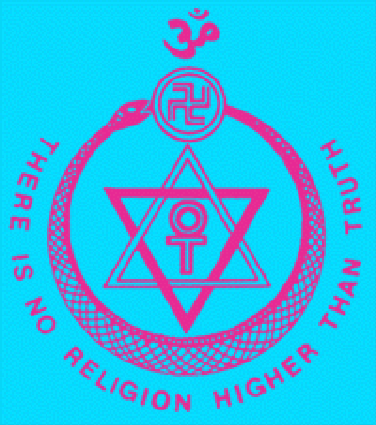
Cardiff
Theosophical Society in
Theosophy
House
206
Newport Road, Cardiff, Wales, UK. CF24 -1DL
Find out
more about
Theosophy
with these links

The Cardiff Theosophical Society Website
The National Wales Theosophy Website
If you
run a Theosophy Group, please feel free
to use
any of the material on this site
The Most Basic Theosophy
Website in the Universe
A quick overview of Theosophy
and the Theosophical Society
If you run a Theosophy Group you
can use this as an introductory handout.
Theosophy Cardiff’s Instant Guide
One liners and quick explanations
H P Blavatsky is
usually the only
Theosophist that
most people have ever
heard of. Let’s
put that right
The Voice of the Silence Website
An Independent Theosophical Republic
Links to Free Online Theosophy
Study Resources; Courses,
Writings,
The main criteria
for the inclusion of
links on this
site is that they have some
relationship
(however tenuous) to Theosophy
and are
lightweight, amusing or entertaining.
Topics include
Quantum Theory and Socks,
Dick Dastardly and Legendary Blues Singers.
A selection of
articles on Reincarnation
Provided in
response to the large
number of
enquiries we receive at
Cardiff
Theosophical Society on this subject
The Voice of the Silence Website
This is for everyone, you don’t have to live
in Wales to make good use of this Website
No
Aardvarks were harmed in the
The Spiritual Home of Urban Theosophy
The Earth Base for Evolutionary Theosophy
A B C D EFG H IJ KL M N OP QR S T UV WXYZ
Complete Theosophical Glossary in Plain Text Format
1.22MB
________________
Preface
Theosophy and the Masters General Principles
The Earth Chain Body and Astral Body Kama – Desire
Manas Of Reincarnation Reincarnation Continued
Karma Kama Loka
Devachan
Cycles
Arguments Supporting Reincarnation
Differentiation Of Species Missing Links
Psychic Laws, Forces, and Phenomena
Psychic Phenomena and Spiritualism
Quick Explanations
with Links to More Detailed Info
What is Theosophy ? Theosophy Defined (More Detail)
Three Fundamental Propositions Key Concepts of Theosophy
Cosmogenesis Anthropogenesis Root Races
Ascended Masters After Death States
The Seven Principles of Man Karma
Reincarnation Helena Petrovna Blavatsky
Colonel Henry Steel Olcott William Quan Judge
The Start of the Theosophical
Society
History of the Theosophical
Society
Theosophical Society Presidents
History of the Theosophical
Society in Wales
The Three Objectives of the Theosophical
Society
Explanation of the Theosophical
Society Emblem
The Theosophical Order of
Service (TOS)
Glossaries of Theosophical Terms
Index of
Searchable
Full Text
Versions of
Definitive
Theosophical
Works
H P Blavatsky’s Secret Doctrine
Isis Unveiled by H P Blavatsky
H P Blavatsky’s Esoteric Glossary
Mahatma Letters to A P Sinnett 1 - 25
A Modern Revival of Ancient Wisdom
(Selection of Articles by H P Blavatsky)
The Secret Doctrine – Volume 3
A compilation of H P Blavatsky’s
writings published after her death
Esoteric Christianity or the Lesser Mysteries
The Early Teachings of The Masters
A Collection of Fugitive Fragments
Fundamentals of the Esoteric Philosophy
Mystical,
Philosophical, Theosophical, Historical
and Scientific
Essays Selected from "The Theosophist"
Edited by George Robert Stow Mead
From Talks on the Path of Occultism - Vol. II
In the Twilight”
Series of Articles
The In the
Twilight” series appeared during
1898 in The
Theosophical Review and
from 1909-1913
in The Theosophist.
compiled from
information supplied by
her relatives
and friends and edited by A P Sinnett
Letters and
Talks on Theosophy and the Theosophical Life
Obras
Teosoficas En Espanol
Theosophische
Schriften Auf Deutsch
An Outstanding
Introduction to Theosophy
By a student of
Katherine Tingley
Elementary Theosophy Who is the Man? Body and Soul
Body, Soul and Spirit Reincarnation Karma
Guide to the
Theosophy
Wales King Arthur Pages
Arthur draws
the Sword from the Stone
The Knights of The Round Table
The Roman Amphitheatre at Caerleon,
Eamont Bridge, Nr Penrith, Cumbria, England.
Geoffrey of Monmouth
(History of the Kings of Britain)
The reliabilty of this work has long been a subject of
debate but it is the first definitive account of Arthur’s
Reign
and one which puts Arthur in a historcal context.
and his version’s political agenda
According to Geoffrey of Monmouth
The first written mention of Arthur as a heroic figure
The British leader who fought twelve battles
King Arthur’s ninth victory at
The Battle of the City of the Legion
King Arthur ambushes an advancing Saxon
army then defeats them at Liddington Castle,
Badbury, Near Swindon, Wiltshire, England.
King Arthur’s twelfth and last victory against the Saxons
Traditionally Arthur’s last battle in which he was
mortally wounded although his side went on to win
No contemporary writings or accounts of his life
but he is placed 50 to 100 years after the accepted
King Arthur period. He refers to Arthur in his inspiring
poems but the earliest written record of these dates
from over three hundred years after Taliesin’s death.
Pendragon Castle
Mallerstang Valley, Nr Kirkby Stephen,
A 12th Century Norman ruin on the site of what is
reputed to have been a stronghold of Uther Pendragon
From wise child with no
earthly father to
Megastar of Arthurian
Legend
History of the Kings of Britain
Drawn from the Stone or received from the Lady of the Lake.
Sir Thomas Malory’s Le Morte d’Arthur has both versions
with both swords called Excalibur. Other versions
5th & 6th Century Timeline of Britain
From the departure of the Romans from
Britain to the establishment of sizeable
Anglo-Saxon Kingdoms
Glossary of
Arthur’s uncle:- The puppet ruler of the Britons
controlled and eventually killed by Vortigern
Amesbury, Wiltshire, England. Circa 450CE
An alleged massacre of Celtic Nobility by the Saxons
History of the Kings of Britain
Athrwys / Arthrwys
King of Ergyng
Circa 618 - 655 CE
Latin: Artorius; English: Arthur
A warrior King born in Gwent and associated with
Caerleon, a possible Camelot. Although over 100 years
later that the accepted Arthur period, the exploits of
Athrwys may have contributed to the King Arthur Legend.
He became King of Ergyng, a kingdom between
Gwent and Brycheiniog (Brecon)
Angles under Ida seized the Celtic Kingdom of
Bernaccia in North East England in 547 CE forcing
Although much later than the accepted King Arthur
period, the events of Morgan Bulc’s 50 year campaign
to regain his kingdom may have contributed to
Old Welsh: Guorthigirn;
Anglo-Saxon: Wyrtgeorn;
Breton: Gurthiern; Modern Welsh; Gwrtheyrn;
*********************************
An earlier ruler than King Arthur and not a heroic figure.
He is credited with policies that weakened Celtic Britain
to a point from which it never recovered.
Although there are no contemporary accounts of
his rule, there is more written evidence for his
existence than of King Arthur.
How Sir Lancelot slew two giants,
From Sir Thomas Malory’s Le Morte d’Arthur
How Sir Lancelot rode disguised
in Sir Kay's harness, and how he
From Sir Thomas Malory’s Le Morte d’Arthur
How Sir Lancelot jousted against
four knights of the Round Table,
From Sir Thomas Malory’s Le Morte d’Arthur
Try
these if you are looking for a local
Theosophy
Group or Centre
UK Listing of Theosophical Groups
Cardiff
Theosophical Society in Wales
206 Newport Road, Cardiff, Wales, UK. CF24 -1DL
Wales Picture Gallery
Bala
Brecon
Pembroke
Llanidloes
Mold Market
Rhayader
Barmouth
Barmouth
Blorenge Mountain near Abergavenny
Castle Bank Hill Fort, Radnorshire
Cynwyd Youth Hostel
The Harvest Moon Centre, Holyhead
Hay on Wye
Knighton
Llancayo Windmill near Usk
A Nant Y
These were built by the ironmasters in the early
1800s to protect themselves against worker revolts.
Tintern Abbey
Usk
Monmouth
Cardiff
Theosophical Society in Wales
